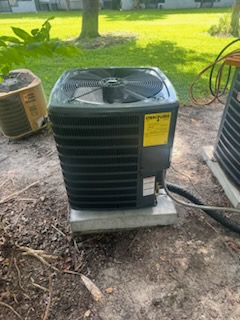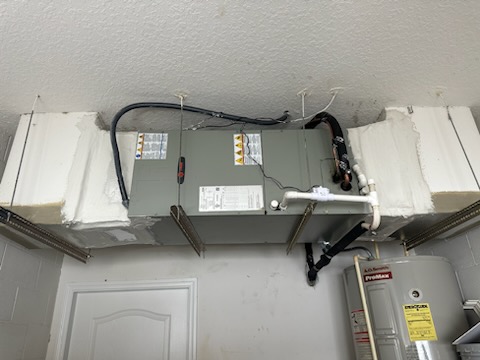How Regular AC Maintenance Reduces Repair Costs
How Regular AC Maintenance Reduces Repair Costs
Blog Article
Common AC Problems and How to Fix Them
Heat, Ventilation, and Air Training (HVAC) programs are crucial for maintaining comfort in properties and businesses. However, like all physical programs, they are able to falter over time. Pinpointing early signs of difficulty can save you from costly fixes and assure one's body operates efficiently. Here's how to identify when your HVAC replacement system needs fix:

Signals Your HVAC Program Needs Restoration
There are numerous signs that the HVAC program may need repair. Some are far more evident than the others, but it's crucial that you focus on any changes in your system's performance. Ignoring potential dilemmas may cause to further damage and costly fixes down the line.
Unusual Noises
One of the very most visible signs that your HVAC system wants restoration is uncommon disturbances coming from the unit. If you hear knocking, clanging, or running looks, it may indicate that there's a free or broken portion within the system. It's essential to not ignore these noises and have them tested by way of a professional as soon as possible.
1. Sudden Increase in Power Bills
One of the most visible signs your HVAC system might need restoration is an immediate spike in power bills. If your time consumption hasn't changed considerably, but your costs have increased, it may show that the machine is working harder than it should. That often occurs as a result of use and split or parts that require maintenance. Addressing the problem immediately can reduce further performance losses and larger costs.
2. Uncommon Disturbances
HVAC systems run with a particular amount of background sound, but uncommon appears like rattling, bumping, squealing, or running shouldn't move unnoticed. These disturbances may show loose areas, supporter problems, or motor problems. Ignoring them could lead to significant injury, turning an inexpensive repair into a pricey repair job.
3. Fragile Airflow or Irregular Temperatures
If circulation from your HVAC is significantly weaker or some rooms experience too cool or hot while others are comfortable, it might show that your system's blower or ductwork is compromised. Such problems may base from a clogged filtration, duct flow, or declining compressor. Quick attention can ensure your home retains regular comfort levels.
4. Weird Odors
An embarrassing scent originating from your ports is never a great sign. A musty odor may show mold development within the machine, while burning or smoky smells can indicate electrical or physical issues. These smells shouldn't be ignored as they might create health risks or lead to program failure.
5. Repeated Cycling or Trouble Beginning
Does your HVAC system switch on and off more often than normal? Or does it battle to begin at all? These problems can indicate a problem with the thermostat, wiring, and other internal components. Constant biking wastes energy and increases use on the system, leading to more substantial breakdowns if remaining unaddressed.
6. Excess Humidity or Humidity Build-up

Your HVAC program is in charge of sustaining appropriate indoor humidity levels. If you see exorbitant humidity near the machine or sense unusually high humidity indoors, it may suggest the device is malfunctioning. Refrigerant leaks or blocked drainage are common culprits, and they want immediate qualified evaluation.
Ultimate Thoughts
Your HVAC program is just a critical expense in house comfort and power efficiency. Knowing early warning signs and acting quickly might help prevent expensive breakdowns and extend the lifetime of one's system. Look out for these problems and consult a certified HVAC tech when you notice any one of them. Hands-on attention today will save you time, money, and strain tomorrow. Report this page